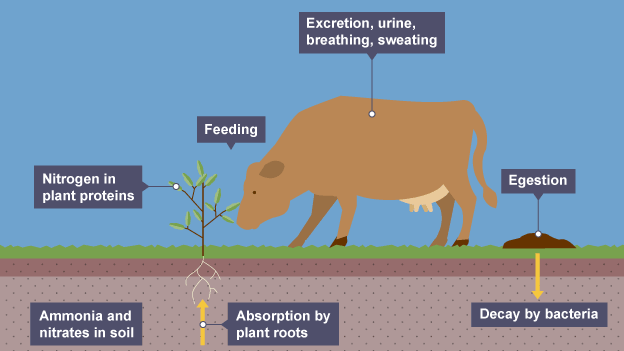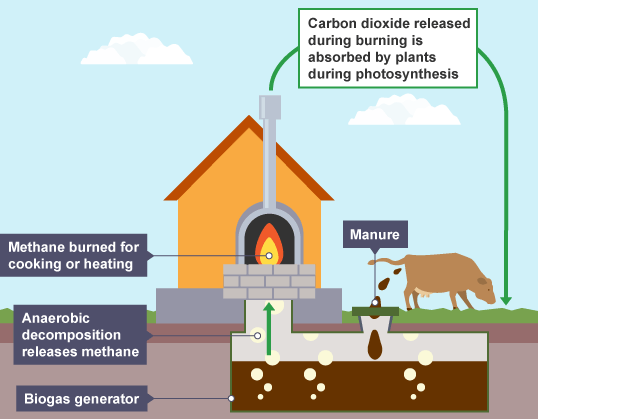Photo AI
Last Updated Sep 26, 2025
Decomposition Simplified Revision Notes for GCSE AQA Biology
Revision notes with simplified explanations to understand Decomposition quickly and effectively.
235+ students studying
7.2.4 Decomposition
Decomposition is the process by which organic material is broken down into simpler forms of matter. Several factors influence the rate at which decomposition occurs.
Factors Affecting the Rate of Decomposition
- Temperature
- Effect: Chemical reactions, including those involved in decomposition, generally occur faster in warmer conditions. However, if the temperature is too high, enzymes that facilitate decomposition can denature, causing the process to slow down or stop altogether.
- Water Availability
- Effect: Microorganisms responsible for decomposition thrive in moist environments because water is essential for their respiration. Additionally, water helps soften organic material, making it easier for decomposers to digest.
- Oxygen Availability
- Effect: Most decomposers, such as bacteria and fungi, require oxygen for aerobic respiration. In the presence of ample oxygen, they can decompose materials more efficiently.

Compost
Composting: The process of decomposing organic material (like kitchen scraps and garden waste) to produce compost.
- Use: Compost is a natural fertilizer rich in nutrients, used by gardeners and farmers to improve soil health.
- Optimal Conditions: To create compost efficiently, optimal conditions must be provided:
- Oxygen: Ensuring that oxygen is available allows microorganisms to respire aerobically, producing heat as a by-product, which further accelerates the rate of decay.
- Temperature: The increased temperature from aerobic respiration speeds up decomposition, allowing compost to form more quickly.
Methane Gas Production
- Anaerobic Decomposition: When microorganisms decompose organic waste in the absence of oxygen, they produce methane gas.
- Use: Methane can be captured and burned as a fuel source.
- Biogas Generators: Devices used to produce methane through anaerobic digestion.
- Requirements: A constant temperature of around 30°C is necessary to maintain microbial activity and ensure consistent methane production.
- Storage: Methane cannot be stored as a liquid, so it must be used immediately after production.

500K+ Students Use These Powerful Tools to Master Decomposition For their GCSE Exams.
Enhance your understanding with flashcards, quizzes, and exams—designed to help you grasp key concepts, reinforce learning, and master any topic with confidence!
70 flashcards
Flashcards on Decomposition
Revise key concepts with interactive flashcards.
Try Biology Flashcards7 quizzes
Quizzes on Decomposition
Test your knowledge with fun and engaging quizzes.
Try Biology Quizzes13 questions
Exam questions on Decomposition
Boost your confidence with real exam questions.
Try Biology Questions11 exams created
Exam Builder on Decomposition
Create custom exams across topics for better practice!
Try Biology exam builder21 papers
Past Papers on Decomposition
Practice past papers to reinforce exam experience.
Try Biology Past PapersOther Revision Notes related to Decomposition you should explore
Discover More Revision Notes Related to Decomposition to Deepen Your Understanding and Improve Your Mastery
96%
114 rated
Organisation of an Ecosystem
Required Practical: Ecosystems
275+ studying
192KViews